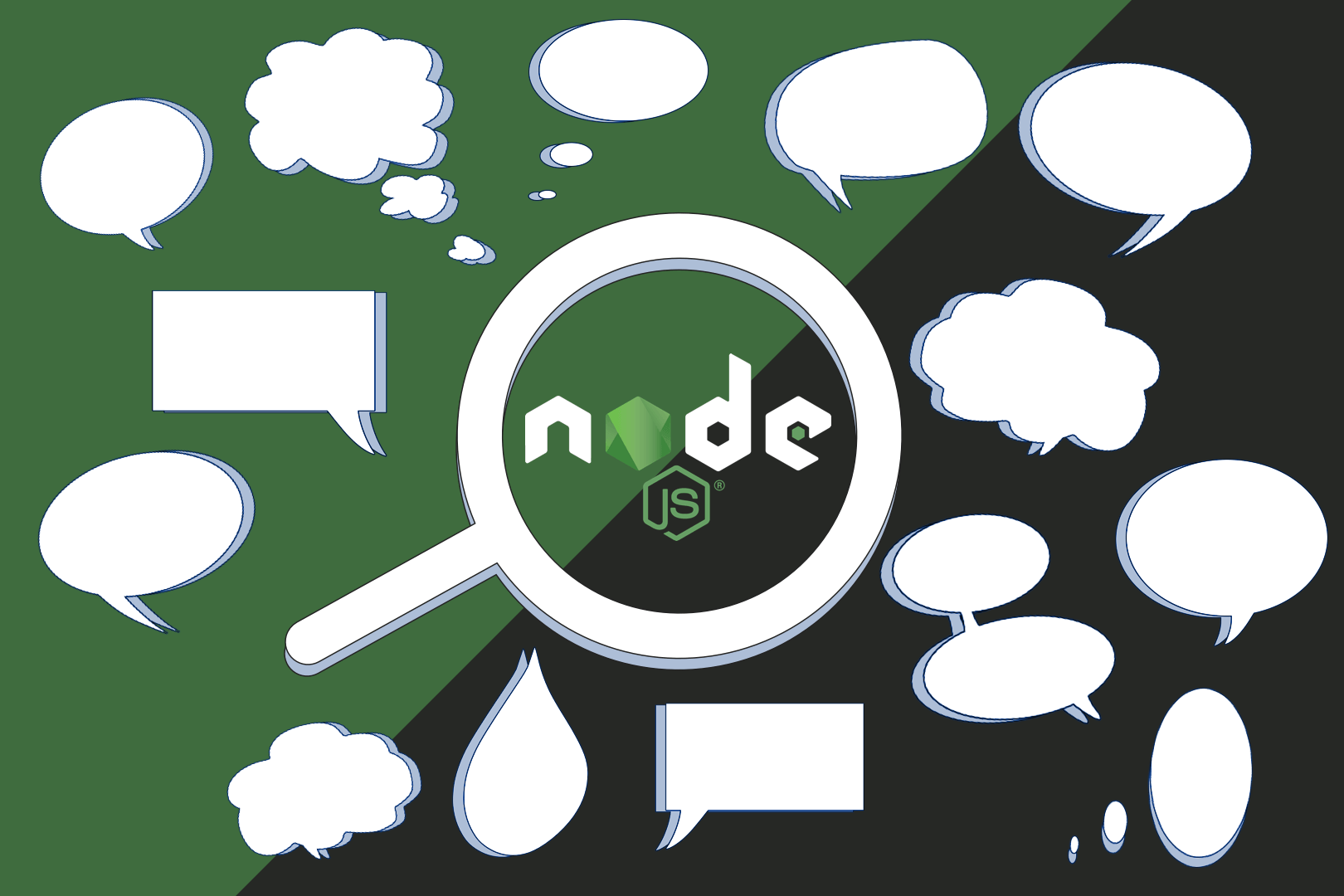SEO Gush
Insights and updates on the ever-evolving world of SEO.
Node.js: The Swiss Army Knife for Web Development
Discover why Node.js is the ultimate tool for web development—versatile, powerful, and a game changer for your projects!
10 Reasons Why Node.js is Essential for Modern Web Development
Node.js has revolutionized modern web development by enabling developers to build scalable and high-performance applications with ease. First and foremost, its event-driven architecture allows for non-blocking I/O operations, enabling servers to handle multiple requests simultaneously without getting bogged down. This improves the responsiveness of applications significantly, making it ideal for real-time applications like chat services and online gaming.
Moreover, with its vast ecosystem of libraries and frameworks accessible through NPM (Node Package Manager), developers can leverage a plethora of reusable components that expedite the development process. Here are 10 reasons why Node.js is essential for modern web development:
- Asynchronous and Event-Driven
- Fast Execution
- Scalability
- Rich Ecosystem
- Cross-Platform Compatibility
- Microservices Architecture
- Real-Time Applications
- Community Support
- Full-Stack JavaScript
- Ease of Learning

How Node.js Powers Scalable Applications: A Deep Dive
Node.js has emerged as a leading technology for building scalable applications, primarily due to its non-blocking, event-driven architecture. This allows developers to handle multiple connections simultaneously without the overhead of thread management, significantly enhancing performance. By utilizing the V8 JavaScript engine, Node.js compiles JavaScript directly to machine code, resulting in faster execution times and improved application responsiveness. Consequently, businesses have begun adopting Node.js for various use cases, ranging from real-time applications like chat services to microservices that require high throughput.
Furthermore, Node.js excels in managing resources efficiently, which is essential for scaling applications. With its single-threaded event loop and asynchronous I/O, it can maintain a large number of open connections while consuming minimal server resources. This lightweight footprint allows developers to easily deploy and scale applications in cloud environments, significantly reducing operational costs. Overall, the combination of speed, efficiency, and scalability shapes Node.js as a preferred choice for enterprises seeking to build robust applications capable of handling rapid user growth.
Is Node.js the Right Choice for Your Next Project?
When considering Node.js for your next project, it's essential to evaluate its strengths and suitability for your specific needs. One of the significant advantages of Node.js is its event-driven, non-blocking I/O model, which makes it highly efficient for handling concurrent requests. This characteristic is particularly beneficial for applications that require real-time data processing, such as chat applications or online gaming platforms. Additionally, its use of JavaScript on both the client and server sides simplifies the development process, enabling a unified language for full-stack development.
However, Node.js may not be the perfect solution for every project. For instance, CPU-intensive tasks can lead to performance bottlenecks due to its single-threaded nature. If your project requires heavy computation, you might need to consider other technologies or architectures that distribute workloads more effectively. It's also crucial to think about your team's familiarity with Node.js and the ecosystem of available libraries and frameworks. Ultimately, weigh the pros and cons carefully to determine if Node.js aligns with your project's goals and resources.